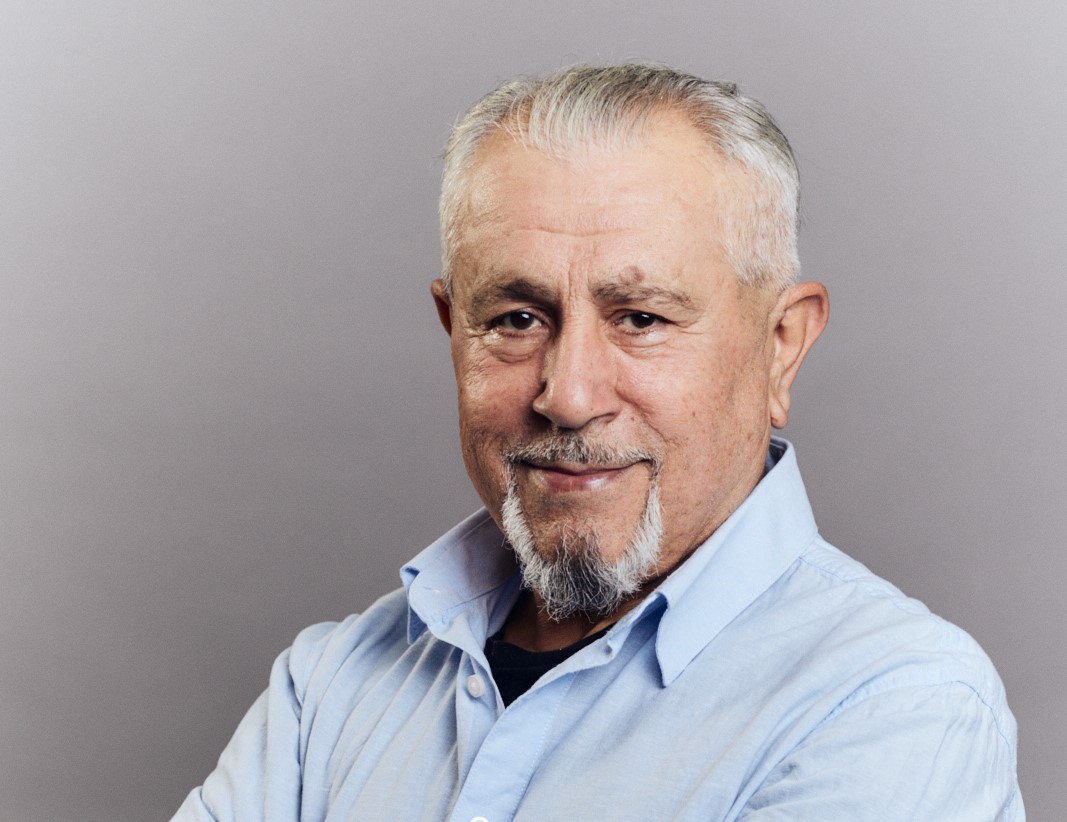
Syrian-born AbdAlmassih had enjoyed a successful IT career that spanned more than two decades in his homeland.
A proficient programmer specialising in design, development, and integration, AbdAlmassih built on his experience with prominent corporations and public sector entities in Syria to establish his own IT company.
“I love IT, it’s my area of expertise – my specialty. It’s what I know best,” he said.
Amidst the eruption of the civil war, AbdAlmassih and his family were forced to flee Syria and found safety in Western Sydney, Australia, in November 2022.
Like most highly skilled refugees and migrants, AbdAlmassih has encountered obstacles when attempting to break into the tech industry in Australia.
Since enrolling in SSI’s Refugee Employment Support Program (RESP), AbdAlmassih has received support in navigating the local job market. However, he is still facing challenges of having his overseas IT qualifications, a diploma in systems analysis and programming from France, recognised in Australia.
The Australian overseas qualification authority requires proof of work experience in IT in Syria, such as pay slips and work contracts, to meet the eligibility criteria in his field.
However, like many highly skilled newcomers, AbdAlmassih has found it impossible to source and obtain this evidence.
“We left our country in a hurry, without much – leaving behind many documents. All I have here is my university documents, some personal papers and the business card of the company I ran in Syria,” he said.
For many workers from outside of Australia, like AbdAlmassih, legitimate work is completed as cash jobs without documentation.
He explained, “Overseas, many workers don’t receive pay slips. That’s just how it works.”
AbdAlmassih has been unable to reconnect with his former employers in Syria. He explained that many companies closed during the war, and he lost these connections from his previous work years ago. This has made it difficult for him to access the evidence needed to have his work formally recognised.
Regardless, AbdAlmassih has often felt disheartened by his dream of getting his studies recognised, knowing that even then, it wouldn’t be enough.
“I’ve found that many IT employers won’t acknowledge a degree from overseas, thinking it’s not strong enough, and often insist on a local degree from Australia,” he acknowledged.
“Even unpaid volunteering roles in the industry are turning me down. I tell these employers I will work for free, or I will work for half a normal wage. I don’t understand. I have 20 years’ experience in my field. I apply to many jobs, yet I never receive any response.”
On the other hand, Australia is desperate for tech talent. According to recent figures, 70 percent of IT jobs in Australia have skills shortages while demand is only set to increase.
Determined to break into the industry he is passionate about, AbdAlmassih enrolled in a TAFE Cert 4 program in web development to acquire local qualifications in his field. He was unable to complete the course because, like many newcomers, he faced difficulties taking the course in a new language.
“I knew the content; I know it so well. But I found it difficult to understand my teacher, especially with the assessments and deadlines. I couldn’t ask her to speak more slowly or clearly to help me understand – I was in a room surrounded by Australian students,” he said.
AbdAlmassih is currently enrolled in his fourth TAFE course to enhance his English skills and will soon undertake programming and web development courses. He continues to actively pursue relevant employment opportunities and hopes that soon someone will give him a chance.
“I want to work, I love working. I want to put my skills to use in this great country.”
RESP has been funded by the NSW Government.

